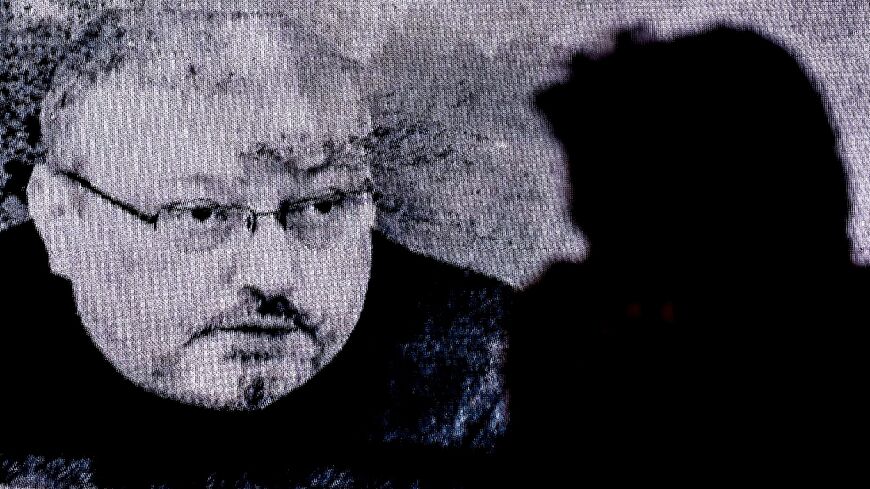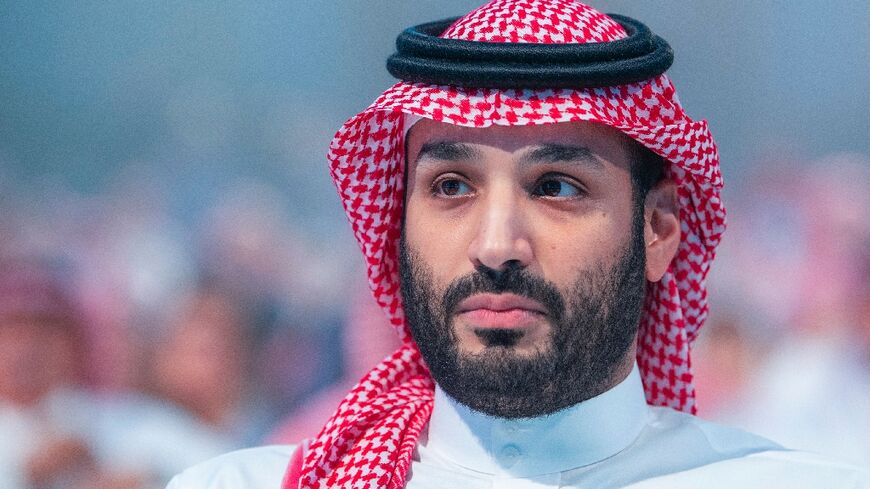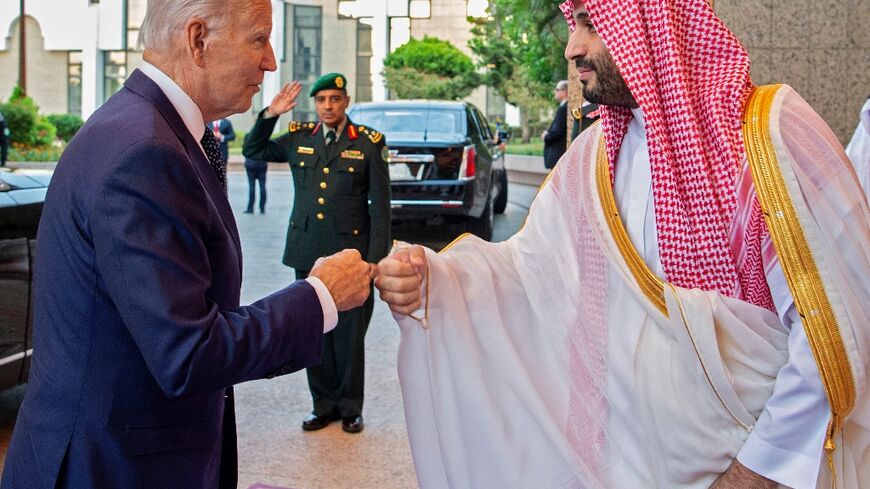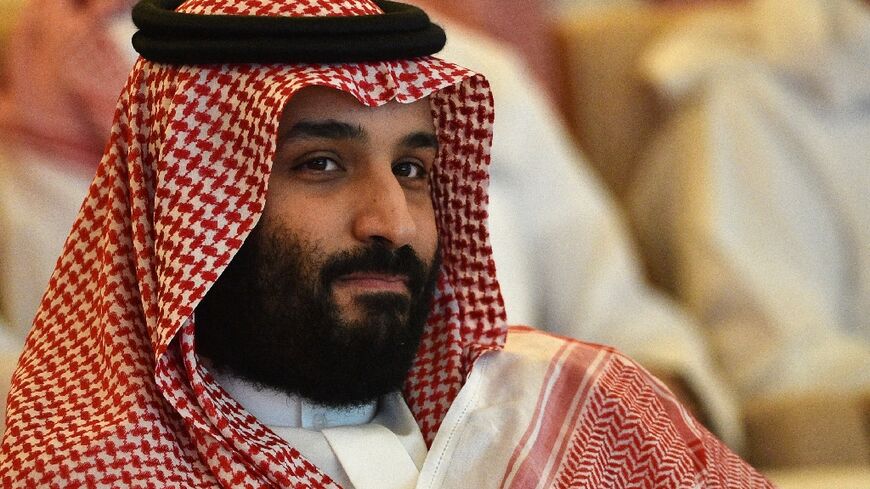Saudi prince to sign deal for 'cheaper energy' in Greece
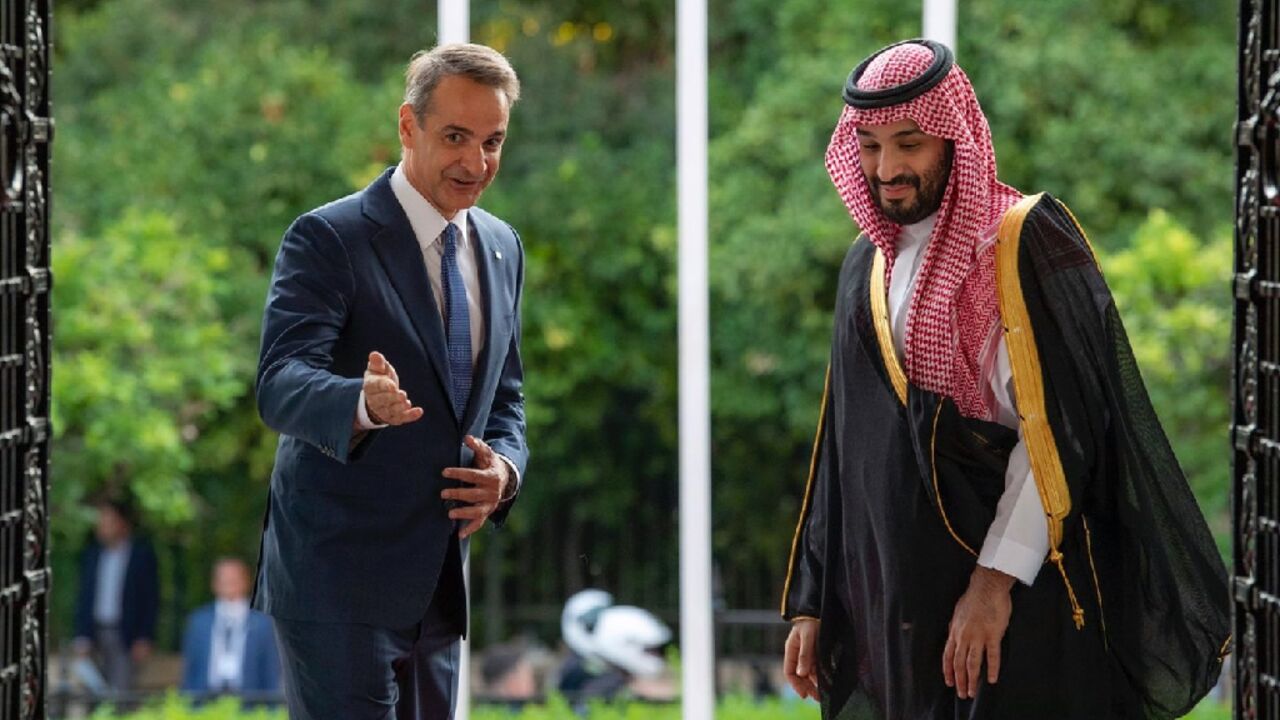
Saudi Crown Prince Mohammed bin Salman announced upcoming bilateral projects on a visit to Greece Tuesday, including for a power cable between both countries to provide Europe with "cheaper renewable energy".
Prince Mohammed landed in Greece on Tuesday on his first Europe trip since the killing of Saudi journalist Jamal Khashoggi, and is set to head to France later in the week.
"I believe we have... historical opportunities, that we are going to finalise a lot of it today," Prince Mohammed said at a press conference with Prime Minister Kyriakos Mitsotakis in the capital Athens.
This would include linking electricity grids to "provide Greece and southwest Europe through Greece with... much cheaper renewable energy," he added.
The Greek foreign ministry said agreements on maritime transport, energy and defence technology among other things were due to be signed on Wednesday.
Khashoggi's killing and dismemberment by Saudi agents in the kingdom's Istanbul consulate in October 2018 brought the powerful crown prince international condemnation.
Prince Mohammed's trip to Europe comes less than two weeks after US President Joe Biden visited the Saudi city of Jeddah for a summit of Arab leaders and met one-on-one with the prince, greeting him with a fist bump.
That move sealed Biden's retreat from a presidential election campaign pledge to turn the kingdom into a "pariah" over the Khashoggi affair and wider human rights controversies.
- 'Isolation' over -
US intelligence agencies determined that Prince Mohammed, Saudi Arabia's de facto ruler, had "approved" the operation that led to Khashoggi's death, though Riyadh denies this, blaming rogue operatives.
Prince Mohammed's stay in Europe represents a "highly symbolic move past his post-Khashoggi isolation", said Kristian Ulrichsen, a research fellow at the Baker Institute at Rice University.
"While there has not been any formal coordination of policy in the 'West' against Mohammed bin Salman since 2018, the fact is that he has not visited any European or North American country since Khashoggi's killing," Ulrichsen said.
Prince Mohammed has also received a recent boost from Turkish President Recep Tayyip Erdogan, who visited Saudi Arabia in April, then welcomed Prince Mohammed in Ankara in June.
Erdogan had enraged the Saudis by vigorously pursuing the Khashoggi case, opening an investigation and briefing international media about the lurid details of the killing.
But with ties on the mend, an Istanbul court halted the trial in absentia of 26 Saudi suspects linked to Khashoggi's death, transferring the case to Riyadh in April.
- Oil focus -
After Russia's invasion of Ukraine triggered a spike in energy prices earlier this year, Saudi Arabia came under pressure from the United States and European powers to pump more oil.
Elevated oil prices have been a key factor in inflation in the US soaring to 40-year highs, putting pressure on the Biden administration ahead of mid-term elections later this year.
But the world's biggest crude exporter has resisted pressure to open the supply taps, citing its commitment to production schedules determined by the OPEC+ exporting bloc it co-leads with Russia.
In May, Saudi Foreign Minister Prince Faisal bin Farhan stated that the kingdom had done what it could for the oil market.
Last week French President Emmanuel Macron received the new president of the energy-rich United Arab Emirates, Sheikh Mohamed bin Zayed Al-Nahyan, in Paris.
During that trip officials announced a deal between French energy giant Total Energies and UAE state oil company ADNOC "for cooperation in the area of energy supplies".
Energy will probably be on the agenda again when Prince Mohammed goes to France, though it is unlikely the kingdom will change its position on oil production, said Huda al-Halisi, vice chair of the foreign affairs committee of the Saudi Shura Council, an advisory body.
"We're on a set path and we need to see it through," Halisi told AFP, while stressing there are many opportunities for deals on sustainable energy and other efforts to combat climate change.
Security concerns are also likely to get a lengthy hearing, Halisi said.
Those include regional rival Iran's nuclear programme and Tehran's role in Yemen, where a truce is currently set to expire in early August between Iran-backed Huthi rebels and a Saudi-led military coalition supporting the internationally recognised government.


